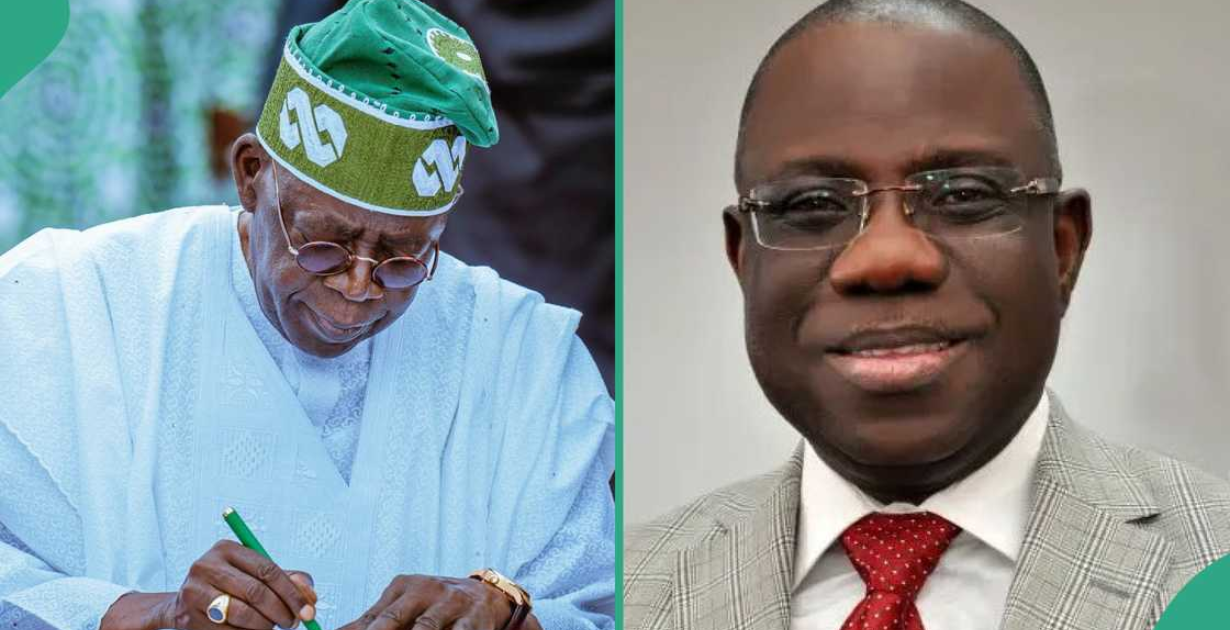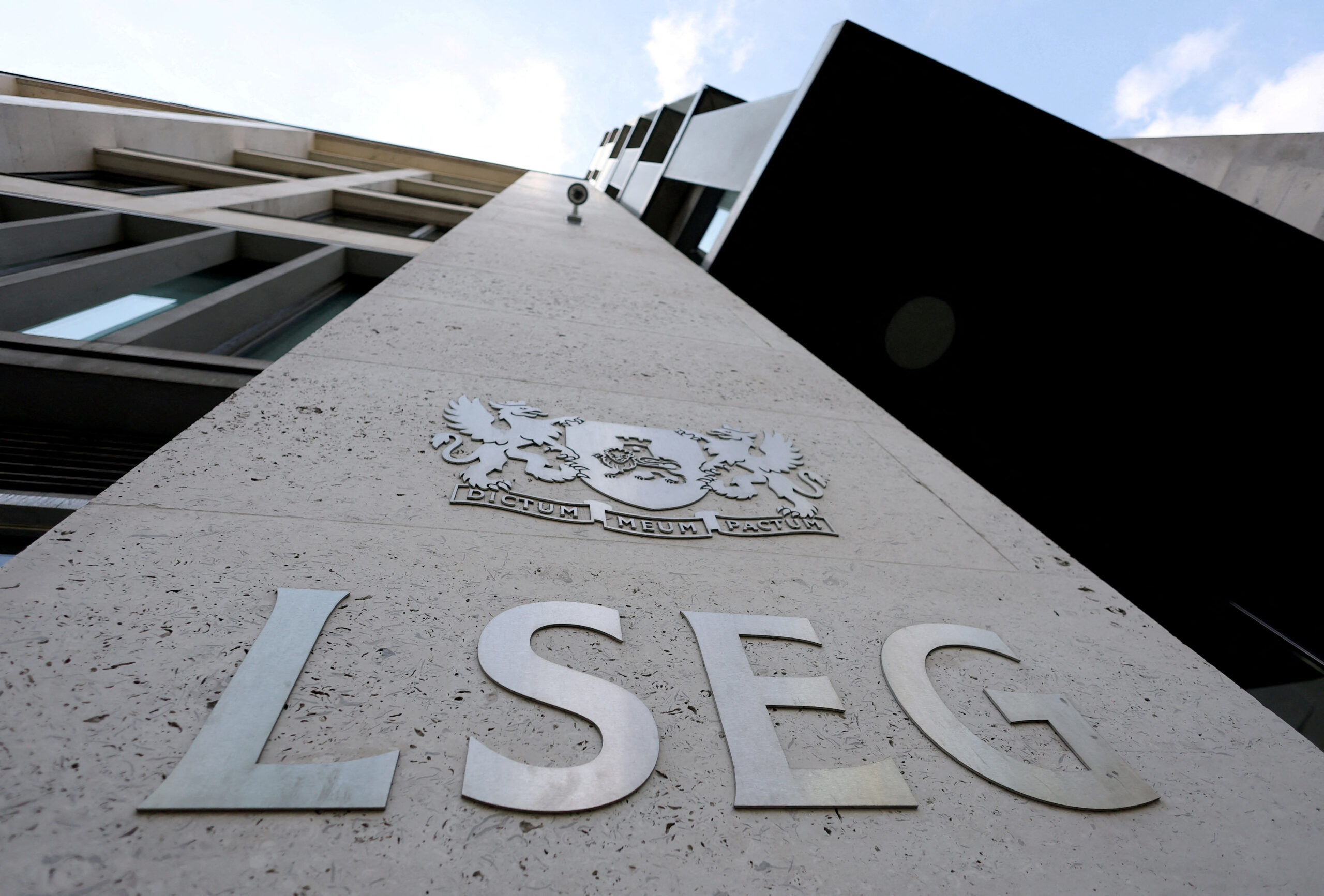Tinubu Appoints New NNPC Boss, Charged to Increase Crude Oil Production
Bayo Ojulari, a former Shell executive, has been appointed by Nigeria’s president to lead the state-owned energy company.
This appointment is part of a comprehensive reform initiative that is intended to address the sector’s long-standing inefficiencies, corruption, and pollution.
The presidency announced on Wednesday that Mr. Ojulari was selected as part of a “critical” reform of the Nigerian National Petroleum Company (NNPC).
It further stated that the restructuring, which also necessitated the replacement of the entire board, was essential for the acceleration of economic development in Africa’s largest oil exporter.
The past few years have witnessed a series of economic disasters during President Bola Tinubu’s tenure, with the prices of food and petroleum skyrocketing.
The presidency stated in its announcement of the NNPC restructure that Tinubu’s objective is to increase Nigeria’s crude production and refining capabilities.
AFP, a news agency, reported that Nigeria’s oil extraction decreased to less than one million barrels per day in 2023.
By 2027, Tinubu’s administration aims to produce two million barrels of oil per day, and by 2030, it aims to produce three million barrels per day.
Mr. Ojulari succeeds Mele Kyari, the former head of the NNPC, in the execution of this mission.
Mr. Ojulari joined Shell Nigeria in 1991 and held positions in the country, Europe, and the Middle East for a total of 24 years.
Mr. Ojulari served as the Managing Director of Shell for six years. In 2021, he departed the organization to become a member of the investment advisory organization BAT Advisory and Energy Company.
He subsequently relocated to Renaissance Africa Energy Company last year.
Mr. Olujari will undoubtedly endeavor to enhance the NNPC’s inadequate public image in addition to his efforts to increase Nigeria’s oil production.
The treasury did not receive a significant portion of the company’s profits for many years under previous administrations. The NNPC has only begun publishing accounts in the past five years.
The NNPC has also been experiencing financial strain; in September of last year, it disclosed that it had debts of approximately $6 billion (£4.5 million).
news via inbox
Get the latest updates delivered straight to your inbox. Subscribe now!




